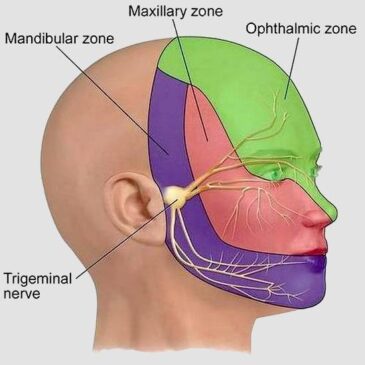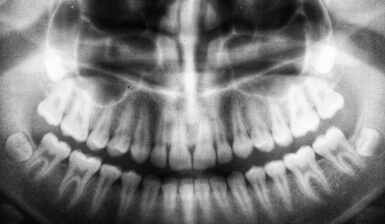Professional Care
Trigeminal neuralgia is a highly individual condition, and discussing your symptoms with an experienced maxillofacial consultant can be invaluable.
Expert Diagnosis and Assessment
A specialist will help rule out other potential causes, such as jaw joint disorders or broader nerve injuries, and thoroughly assess your case. Diagnosis often relies on a combination of clinical expertise, in-depth discussion, and scientific testing.
In addition to diagnostic tests, your consultant will have reviewed your medical history and overall health. Trigeminal nerve disorder and its treatment vary from person to person, requiring an individualised approach.
Identifying Nerve Compression
Reflex tests can help determine whether symptoms are linked to a compressed trigeminal nerve, while an MRI scan of the facial region can identify areas of compression.
Causes of Trigeminal Neuralgia
In most cases, compression is caused by pressure from nearby blood vessels, though in rarer instances, it may result from tumours or trauma. Damage to the myelin sheath surrounding the trigeminal nerve is another possibility.
Links to Other Conditions
Conditions such as multiple sclerosis can contribute to this type of nerve damage, and in some cases, brain lesions or strokes are associated with trigeminal neuralgia. However, the condition is more commonly unrelated to these factors and can often be effectively managed with appropriate treatment.
Medication for Trigeminal Neuralgia
Some cases respond well to oral or injected medication. Anticonvulsants can help by reducing the electrical impulses that trigger pain signals in the brain.
Antispasmodic agents may also be beneficial, either by relaxing muscles or in combination with anticonvulsant medication. Careful dosage management and monitoring for side effects are essential parts of treatment.
Surgical Options for Treatment
A variety of surgical procedures are available to treat trigeminal neuralgia. Some approaches intentionally disrupt the nerve to reduce pain, though this may result in numbness or a tingling sensation in the affected area.
Microvascular decompression surgery is another effective option, relieving pressure on the trigeminal nerve caused by an artery or vein. However, as a major surgical procedure, it requires careful consideration and discussion with your consultant.
Individual Support
The intense, spasm-like pain caused by trigeminal neuralgia can be extremely difficult to endure and may become more frequent or severe over time. At our London clinic, we fully understand the seriousness of this condition and the significant impact it can have on daily life.
We recognise that both diagnosis and treatment can be complex. Even if no nerve compression is visible on scans, trigeminal nerve disorder may still be present. What works effectively for one patient may not be suitable for another.
Through careful analysis of your condition, our specialists can develop an informed treatment plan tailored to your needs. With the right care, living with constant facial pain does not have to be inevitable.



